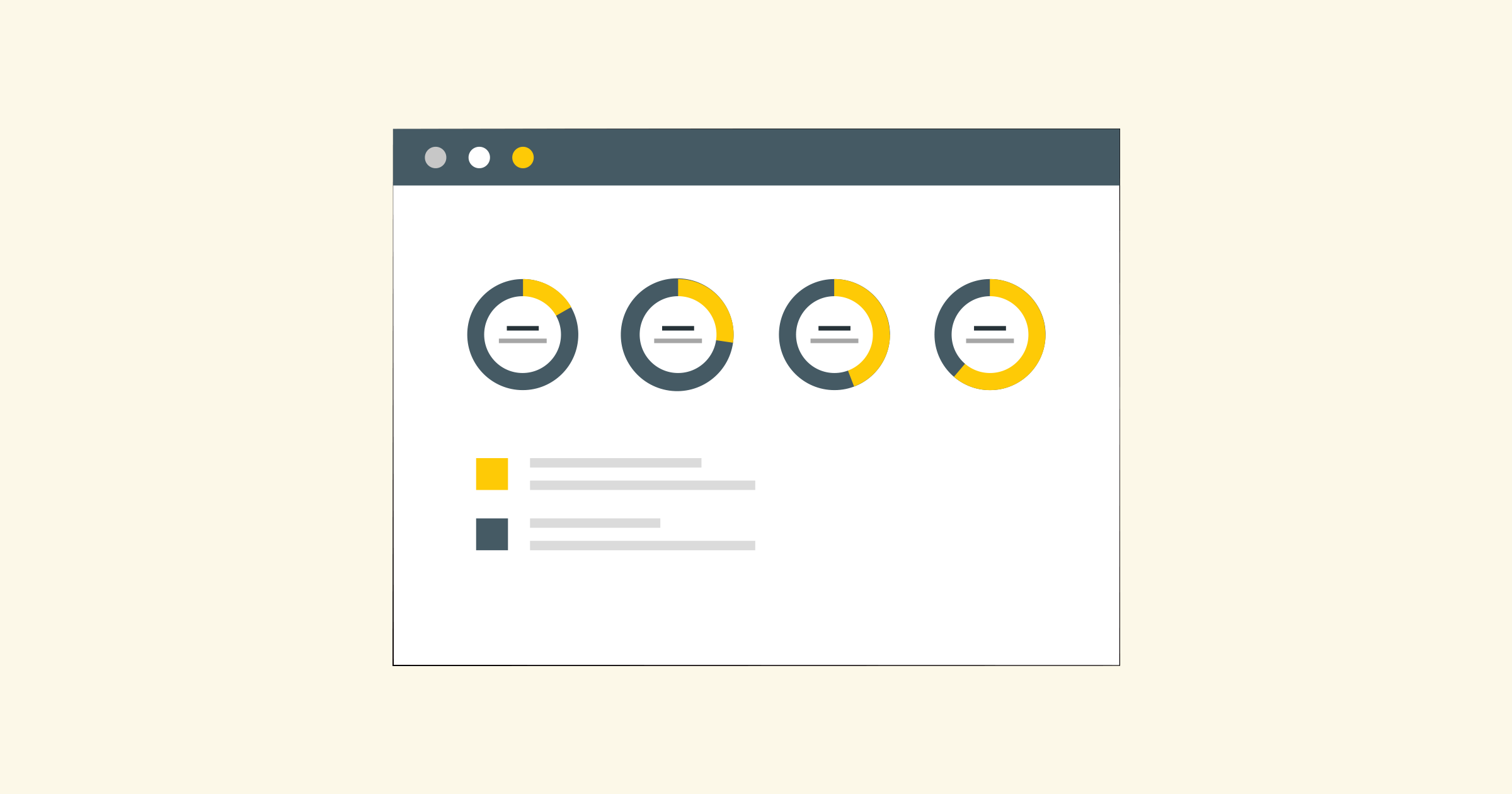The development of the digital economy to today has experienced great ups and downs, and in our current online world, SEO automation and digital economy efficiency are combined. With the emergence of more and more tools and software on the market, providing more innovative solutions for the majority of friends engaged in the digital economy, Internet proxy are the key to the entire digital economy.
What is the digital economy?
Digital economy refers to a series of economic activities with data as the key element, modern information network as the important carrier, and the integration and application of information and communication technology as the key driving force. Its scope includes:
Digital industry: industries with information and communication technology as the core, including electronic information manufacturing, software and information technology services, communications, etc.
Digital industry: New industries, new business forms, and new models formed by the transformation and upgrading of traditional industries using information and communication technologies, including intelligent manufacturing, smart agriculture, and digital finance.
The digital economy has the following characteristics:
Data is the key factor: Data is the core production factor of the digital economy, and is the foundation and soul of the development of the digital economy.
Network is an important carrier: modern information network is the infrastructure for the development of digital economy and an important platform for the operation of digital economy.
Technology is the key driving force: Information and communication technology is the core technology for the development of the digital economy and the key driving force for the innovation and development of the digital economy.
Digital economy is becoming the mainstream trend of global economic development, and all countries are actively developing digital economy.
Data collection and relationships between data merchants
The relationship between data collection and data merchants is that data collection provides data to data merchants, and data merchants use data to conduct business activities.
Data collection refers to the process of obtaining data through various means and methods. The purpose of data collection is to obtain the required data and provide the basis for data analysis and data mining.
Data merchant refers to the subject engaged in data collection, processing, storage, analysis, trading and other activities. Data merchants can be businesses, government agencies, non-profit organizations, etc.
The relationship between data collection and data merchants is interdependent. Data collection provides data to data merchants, and data merchants use the data to conduct business activities, thereby providing financial support for data collection.
Specifically, the relationship between data collection and data merchants can be broken down into the following aspects:
Data collection provides data sources for data merchants. Data merchants need to obtain the required data through data collection to carry out data analysis, data mining and other activities.
Data merchants provide financial support for data collection. Data collection requires a certain cost, and data merchants obtain profits by using data to conduct business activities, thus providing financial support for data collection.
Data collection and data merchants together drive the data economy. Data collection provides data to data merchants, and data merchants use the data to conduct business activities, thus promoting the development of the data economy.
In the age of the digital economy, the relationship between data collection and data merchants is becoming increasingly close. Data collection provides massive data for data merchants, and data merchants use the data to conduct business activities, thereby creating greater value.
How can network proxy Automation help the Digital economy
Network proxy automation can help the digital economy by:
Improve efficiency and scalability
Web scraping and data collection: Automated proxy can efficiently collect large amounts of data from various websites for market research, competitive analysis, price comparison, and sentiment analysis. This data can be used to make informed business decisions and improve marketing strategies.
E-commerce Automation: By automating tasks such as product listing, order processing, and inventory management, businesses can improve operational efficiency and handle larger transaction volumes.
Content moderation and security: Proxy can automate tasks such as content filtering and threat detection, helping platforms maintain a safe and secure online environment.
Improve access and location
Market research and competitive analysis: Companies can use proxy from different regions to access geographical restriction websites and analyze competitor activity in different regions.
Price comparison and arbitrage: Automated proxy can compare prices from different online stores and identify profitable arbitrage opportunities for e-commerce businesses.
Content Access and Bypass restrictions: Individuals and businesses can bypass geographic restrictions to access content and services that are not available in their region.
Enhanced anonymity and security
Data privacy and user protection: Proxy can mask a user's real IP address, protecting their privacy while conducting online activities.
Security testing and vulnerability detection: Businesses can leverage automated proxy to simulate attacks and identify security vulnerabilities in their websites and applications.
Compliance with regulations: Proxy can help businesses comply with data privacy regulations, such as GDPR, by anonymizing user data and restricting access to certain regions
What are the specific application cases of network proxy automation in the digital economy:
E-commerce platforms use web proxy to grab product prices and information from competitors' websites in order to make price comparisons and develop pricing strategies.
Market research companies use web proxy to collect data on consumer behavior and trends in order to provide actionable market insights for businesses.
News organizations use web proxies to bypass geographic restrictions in order to access news and information from around the world.
Businesses use network proxies to protect the privacy and security of their employees when they connect to the Internet on public Wi-Fi networks.
As the digital economy continues to evolve, network proxy automation will continue to play an important role in helping businesses and individuals improve efficiency, security, and competitiveness





























